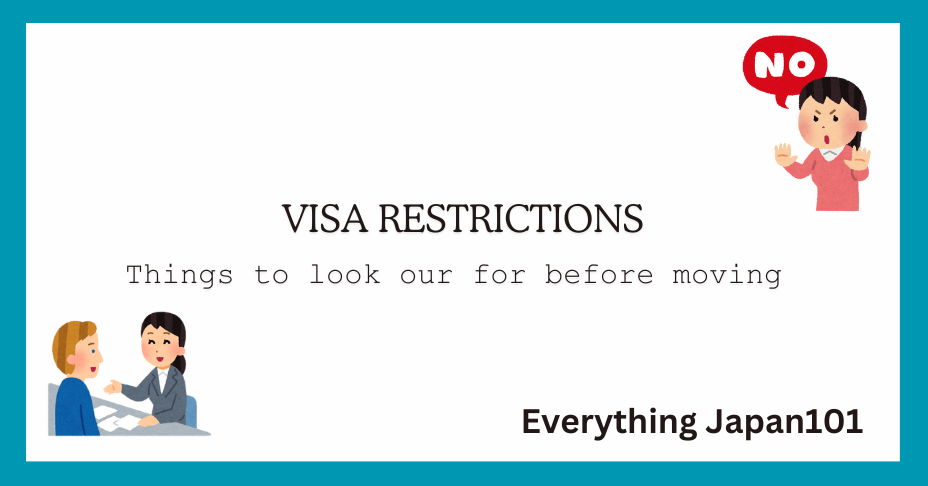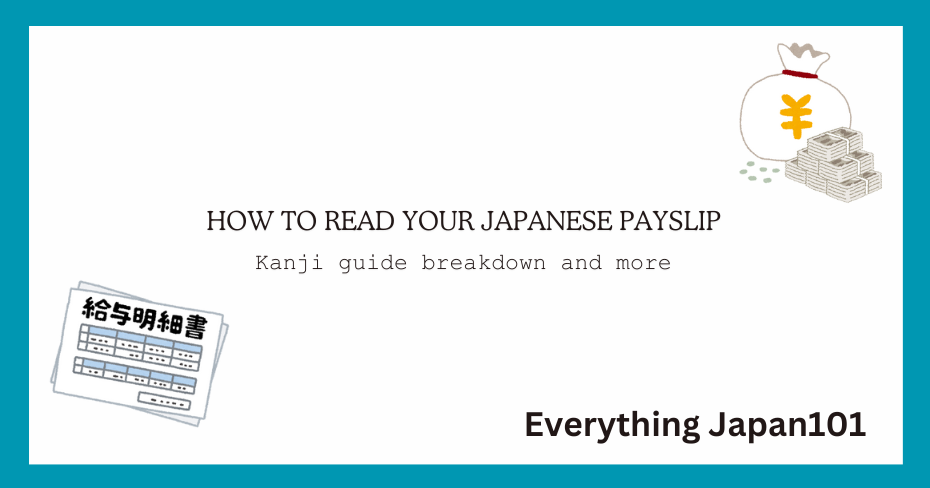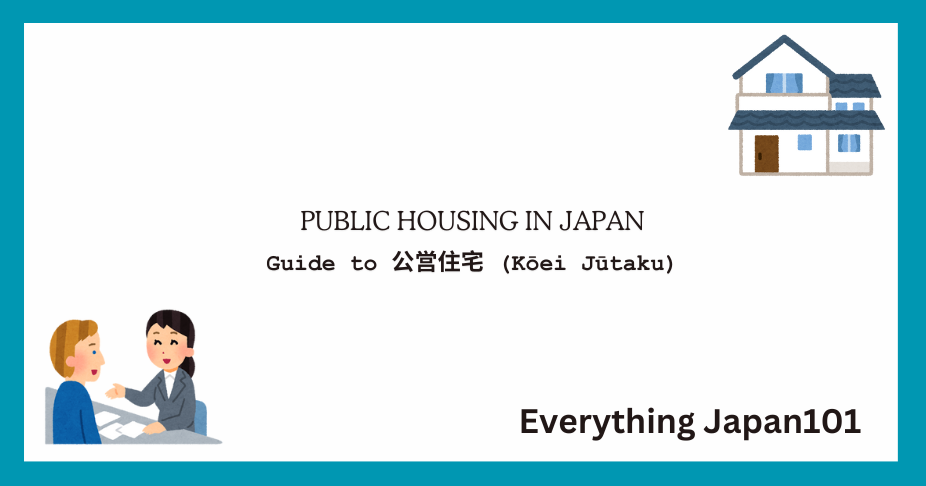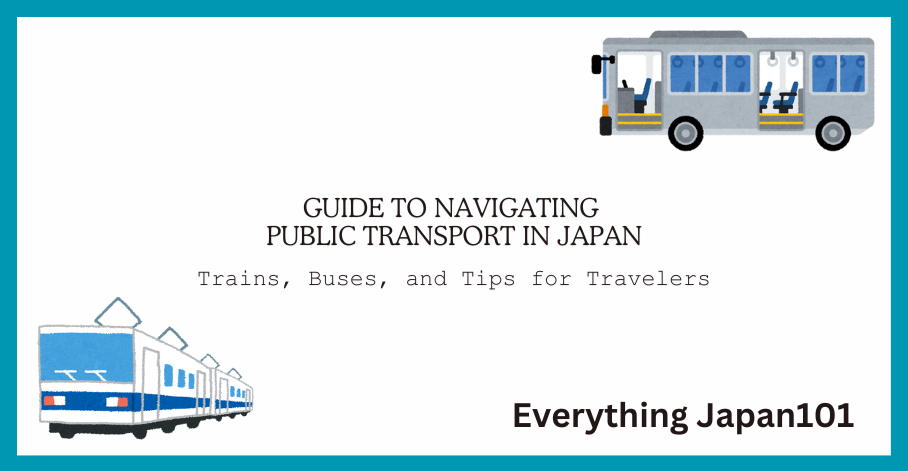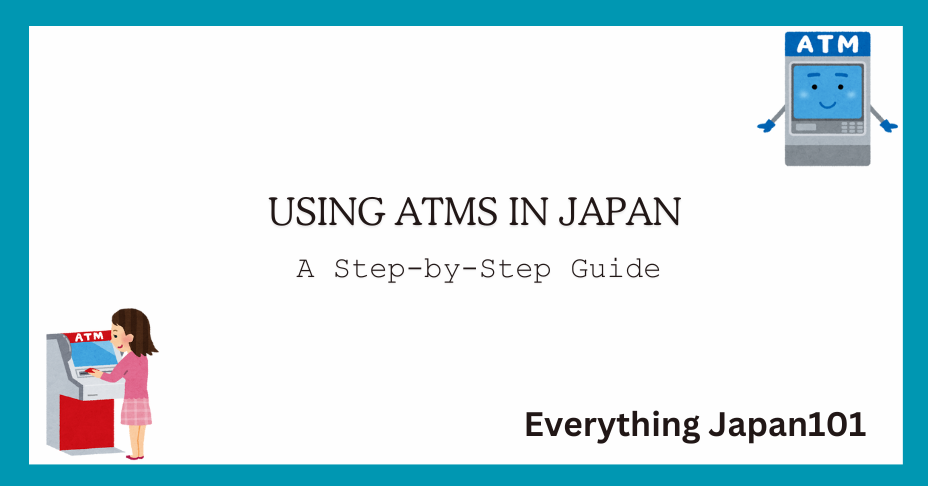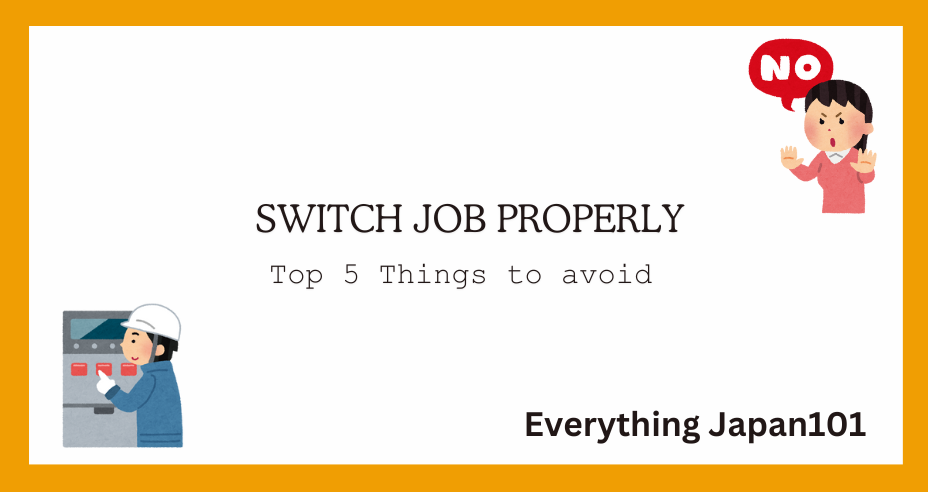Working in Japan: A Guide to Your Rights as a Foreign Worker
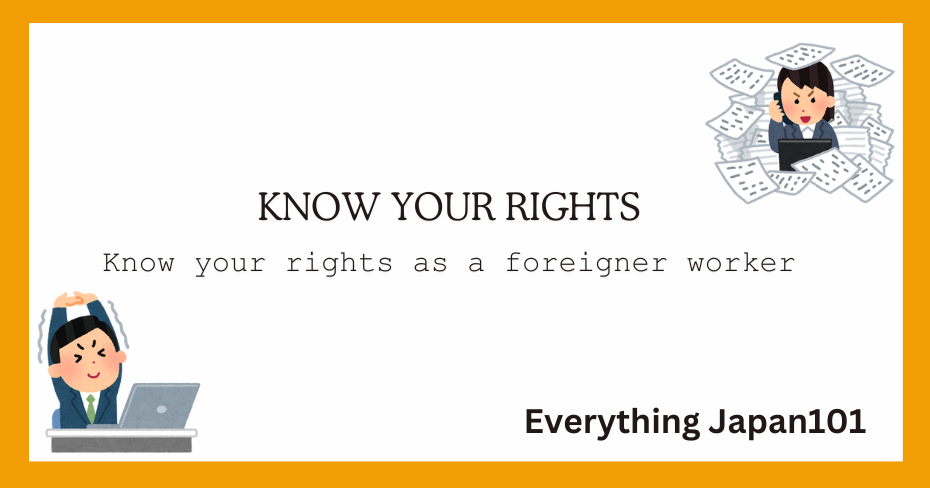
- Know your rights
- Understanding Your Work Visa and Legal Employment Status
- Employment Contracts: Your Legal Entitlements
- Understanding Japanese Labor Laws: Your Rights at Work
- Handling Workplace Harassment and Unfair Treatment
- Understanding Your Right to Work-Life Balance
- Seeking Legal Assistance: Where to Find Help
- Conclusion
Know your rights
Working in Japan can be an exciting and rewarding experience, offering opportunities to grow professionally and immerse yourself in a rich cultural landscape. However, it’s crucial to understand your rights as a foreign worker to ensure a fair and respectful work environment. This blog post will guide you through the essential rights and protections you have under Japanese law, helping you confidently navigate your professional journey.
Understanding Your Work Visa and Legal Employment Status
What You Need to Know:
Your work visa is your primary legal document for employment in Japan. It’s important to understand the type of visa you have, as it determines what kind of work you are allowed to do. Here’s a breakdown:
- Types of Work Visas: Common types include Engineer/Specialist in Humanities/International Services, Instructor, and Technical Intern Training.
- Visa Conditions: Your visa specifies your job role, employer, and duration of stay. Any changes to these conditions require official approval.
What to Do:
- Check Your Visa: Regularly review your visa status to ensure you’re working within the allowed scope.
- Seek Legal Advice: If you’re unsure about your visa conditions, consult a legal expert or contact your local Immigration Bureau.
Resources:
Employment Contracts: Your Legal Entitlements
What You Need to Know while working in Japan:
Japanese labor laws require employers to provide a clear and written employment contract outlining your job duties, working hours, salary, and other terms.
Key Elements of a Contract:
- Job Description: Specific roles and responsibilities.
- Working Hours: Standard work hours and conditions for overtime.
- Salary: Payment terms, including salary amount, method, and frequency.
- Leave Policies: Information on annual leave, sick leave, and holidays.
What to Do:
- Review Your Contract: Ensure all terms are clearly defined and understand your rights regarding job expectations and compensation.
- Keep a Copy: Always have a copy of your signed contract for reference.
Resources:

Understanding Japanese Labor Laws: Your Rights at Work
What You Need to Know:
Japanese labor laws protect workers’ rights.
As a foreign worker, you have the following rights:
- Work Hours and Overtime: The standard workweek is 40 hours, and overtime must be compensated. Employers are required to pay additional rates for overtime work.
- Minimum Wage: Each region in Japan has a minimum wage set by the government. Ensure you are paid at least this amount.
- Paid Leave: Workers are entitled to annual paid leave. The number of days increases with the length of service.
- Discrimination: Japanese law prohibits discrimination based on nationality, gender, or race.
What to Do:
- Know Your Rights: Familiarize yourself with the Labor Standards Act and other relevant laws.
- Report violations by contacting the Labor Standards Inspection Office or seeking legal counsel if someone is violating your rights.
Resources:
Handling Workplace Harassment and Unfair Treatment
What You Need to Know:
while working in Japan workplace harassment, including power harassment, sexual harassment, and bullying, is a serious issue in Japanese workplaces. You have the right to work in an environment free from harassment.
Types of Harassment:
- Power Harassment: Abuse of power by superiors.
- Sexual Harassment: Unwelcome sexual advances or comments.
- Bullying: Verbal or physical abuse by colleagues.
What to Do:
- Document Everything: Keep a record of incidents, including dates, times, and details.
- Report the Issue: Use internal complaint mechanisms or contact the Labor Standards Inspection Office for help.
Resources:
Understanding Your Right to Work-Life Balance
What You Need to Know:
Japanese labor laws also support work-life balance, though it can be challenging due to long working hours and cultural expectations.
Key Rights:
- Rest Periods: Workers are entitled to a break after working six consecutive hours.
- Vacation Time : Full-time employees are entitled to annual leave or in Japan they call it Yuukyuu.
What to Do:
- Take Your Leave: Make sure to use your vacation time and manage your work hours.
- Seek Balance: Communicate with your employer about work-life balance needs.
Seeking Legal Assistance: Where to Find Help
What You Need to Know while working in Japan:
If you encounter issues that you cannot resolve on your own, there are several resources for legal assistance and advice.
Where to Get Help:
- Legal Clinics: Offer free or low-cost legal advice for foreigners.
- Lawyers: Specialized in labor law for foreigners.
What to Do:
- Contact a Legal Clinic: Seek initial advice or referrals to legal experts.
- Hire a Lawyer: For more complex issues, consider hiring a lawyer.
Resources:
Conclusion
Knowing your rights as a foreign worker in Japan is essential for a successful and enjoyable experience. Understanding your visa conditions and ensuring fair treatment in the workplace empowers you to navigate your professional life in Japan with confidence.
By being proactive about understanding and asserting your rights, you can ensure that your work experience in Japan is positive and fulfilling. If you have any questions or need assistance, don’t hesitate to seek help from the resources listed above.
